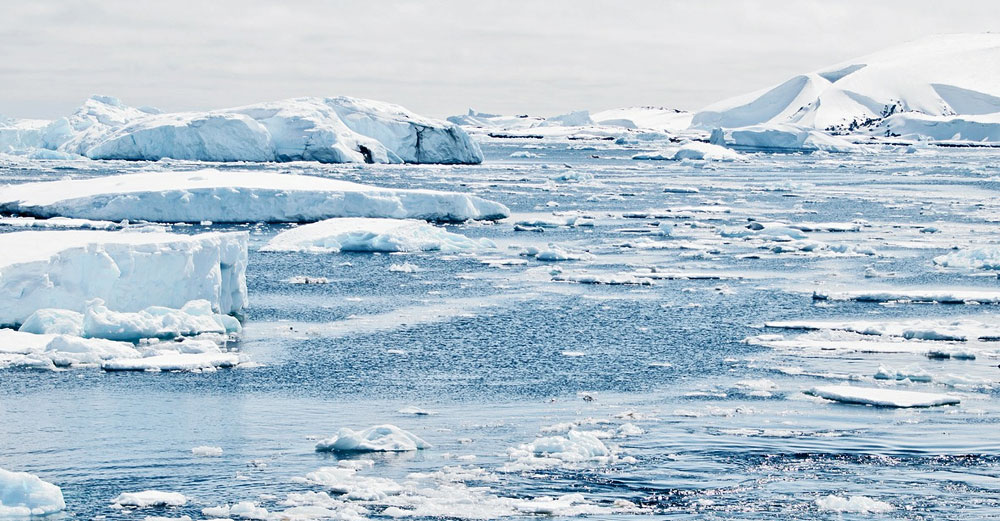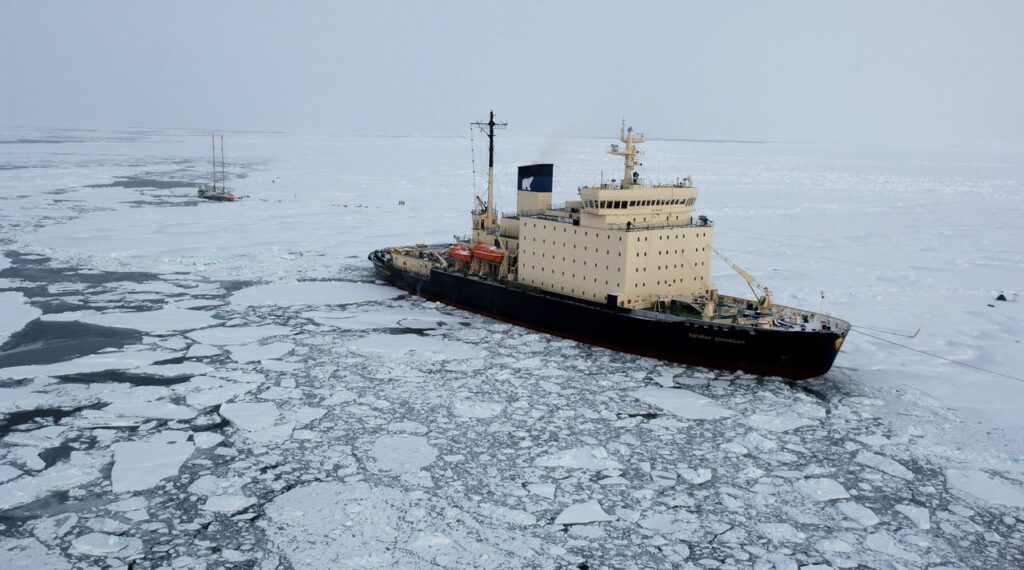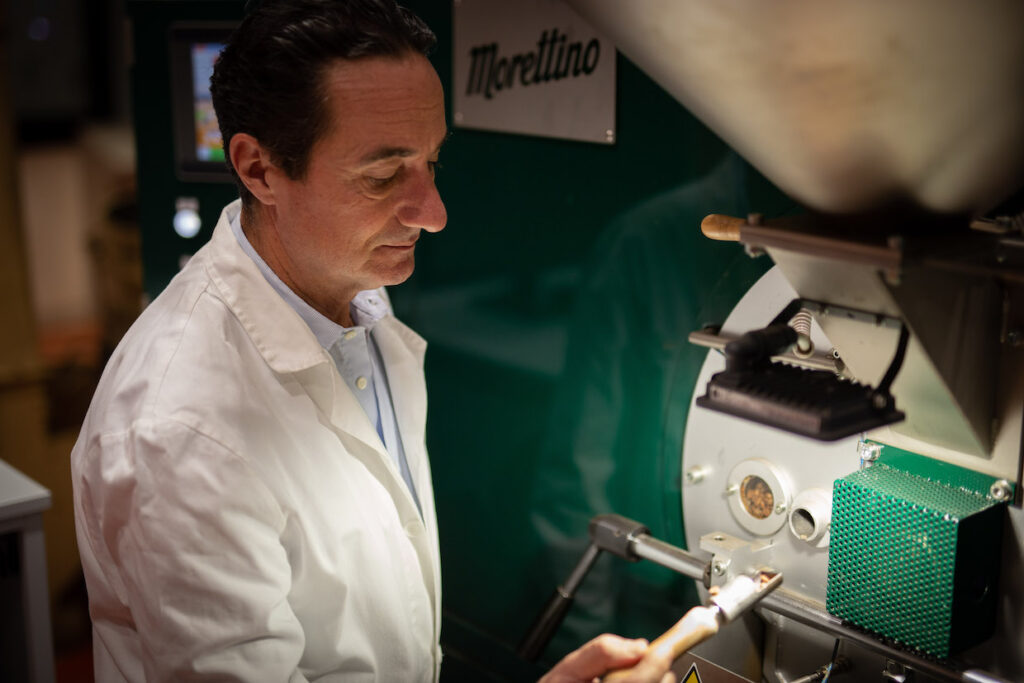Climate change has predominantly negative impacts on the environment, human societies, and economies. However, in some cases, there may be some positive outcomes.
What are the benefits?
Benefits include longer growing seasons or milder temperatures, which could benefit agriculture and other industries. Due to warmer temperatures, some areas may experience reduced heating requirements or increased tourism opportunities.

However, these potential benefits outweigh the negative impacts of climate change, such as more frequent and intense extreme weather events, sea level rise, and increased risk of wildfires, droughts, and floods. Furthermore, positive outcomes are limited to specific regions or industries and may be short-lived as climate change worsens. While some regions may experience longer growing seasons, there’s an increased risk of pests and disease, water shortages, or extreme weather events such as floods or droughts.
It is important to note that efforts to address climate change aim to mitigate its negative impacts and reduce the overall risk to human societies and the environment. Rather than relying on potentially positive outcomes, it is crucial to take action to reduce greenhouse gas emissions, transition to renewable energy sources, and protect vulnerable communities and ecosystems from the impacts of climate change. Climate change impacts low-income communities, indigenous people, and those living in coastal or drought-prone regions. These groups experience more severe negative impacts of climate change while having fewer resources to adapt or mitigate the effects.
Similarly, while some industries may benefit from increased demand for products or services, such as air conditioning or disaster recovery services, the overall economic impacts of climate change are expected to be negative. This results in significant costs associated with loss of life, property damage, and disruptions to infrastructure and supply chains.
So, the question is, who can benefit from climate change?
Farmers may benefit from early spring and longer warm seasons suitable for crop production. Furthermore, studies show crops and other plants grow better and appear more drought tolerant in higher carbon dioxide levels.
However, while weeds, invasive plant species, and insect pests will thrive in a warmer world, water availability will suffer in arid agricultural areas that require irrigation. The effects of heat stress and drought will almost certainly outweigh the benefits of increased carbon dioxide to crops.
Moreover, accessibility through the Northwest Passage due to the loss of Arctic sea ice will benefit shipping commerce. However, if we continue to emit heat-trapping gases at the current rate or faster, the negative costs and impacts of global warming are very likely to outweigh the benefits.

While the overall impacts of climate change are predominantly negative, there may be some limited and localized positive outcomes associated with climate change.
Here are some examples in different fields:
- Agriculture: Climate change could benefit some crops in certain regions.
- For example, wine-grape growers in Oregon are experiencing longer growing seasons and warmer temperatures, leading to increased yields and better-quality grapes.
- Energy: Renewable energy sources such as solar and wind power are becoming increasingly cost-competitive with fossil fuels. That could lead to a shift towards cleaner and more sustainable energy production.
- Transportation: Electric vehicles are becoming more affordable and widely available, reducing dependence on fossil fuels and lowering greenhouse gas emissions.
- Manufacturing: More companies are embracing sustainable practices in their manufacturing processes, which could lead to reduced waste and energy use.
- Food and Beverage: Companies such as Morettino, are finding new ways to produce goods locally, reducing the need for long-distance transportation and potentially lowering carbon emissions.
Morettino
Morettino is a premium Italian coffee company that specializes in producing high-quality coffee beans and blends. The company was founded in 1970 in Trapani, a city on the west coast of Sicily, by the Morettino family.
Morettino is committed to sustainability and has implemented several initiatives to reduce its environmental impact. For example, the company uses renewable energy sources and recycles its waste products.

Morettino has taken advantage of changing climate conditions to produce coffee locally. More specifically, the company has been able to manufacture Arabica coffee in Sicily, which was previously impossible due to the cooler temperatures in the region.
However, as temperatures have warmed, it has become possible to grow Arabica coffee in Sicily, allowing Morettino to reduce its reliance on imports and produce high-quality coffee locally.
While this is an example of a company benefiting from climate change, note that the overall impacts of climate change are overwhelmingly negative, and this is just one small example in a single industry. It is crucial to take action because it’s causing significant harm.





